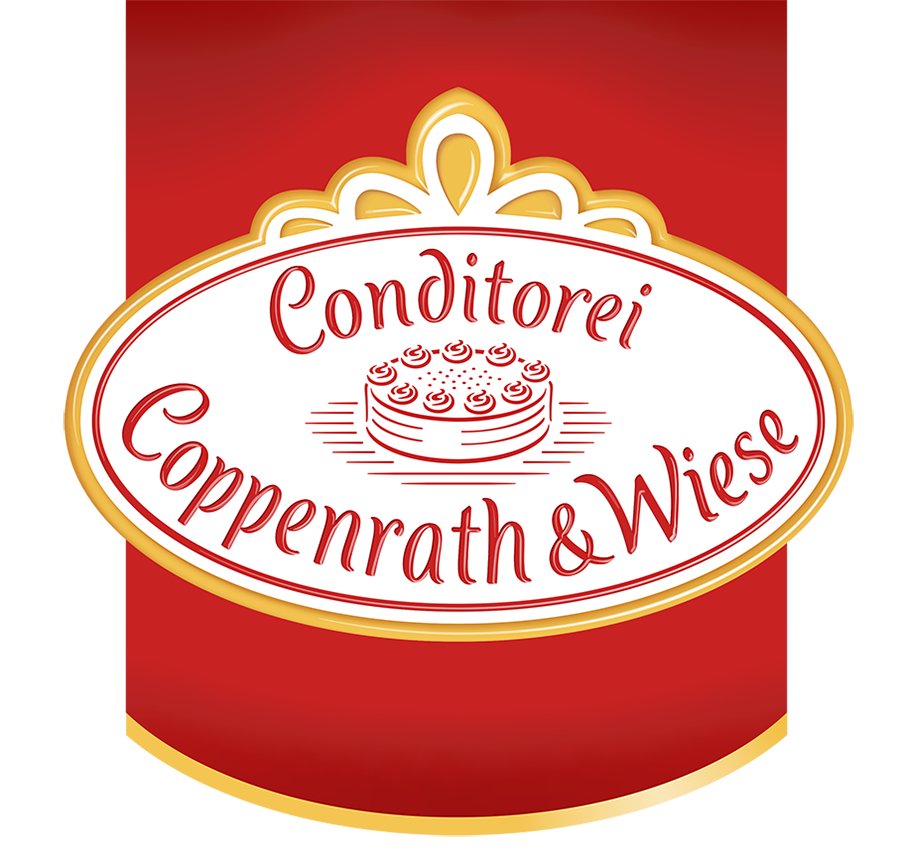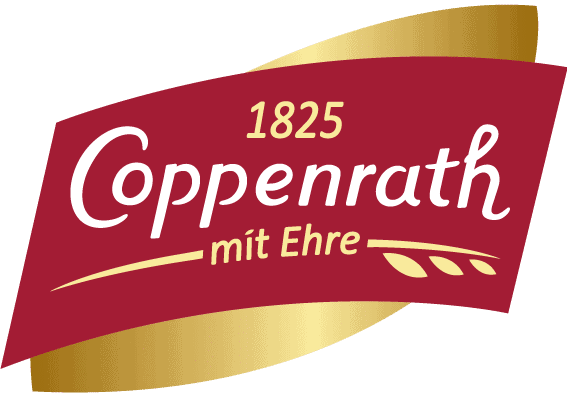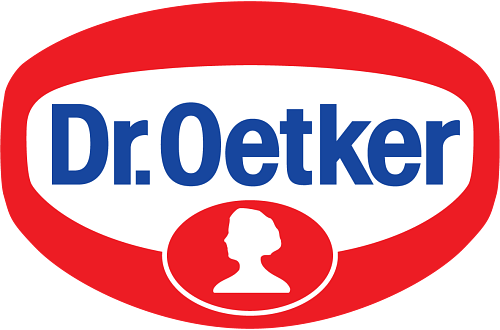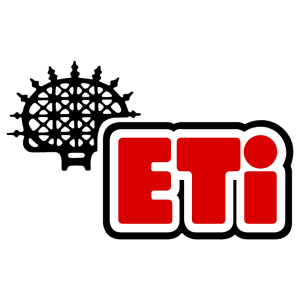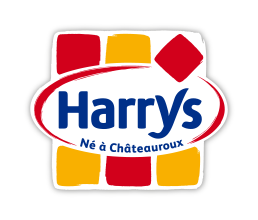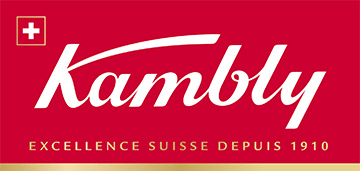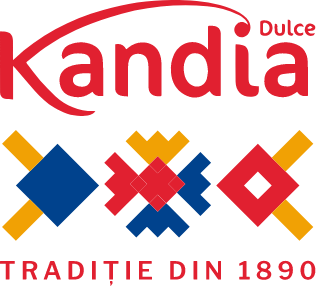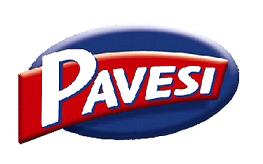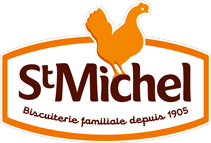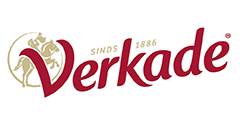European Alternatives to Oreo
Bahlsen
Conditorei Coppenrath & Wiese
Coppenrath Feingebäck
Dr. Oetker
E. Wedel
Eti
Fazer
Fratelli Carli
Harrys
Kambly
Kandia
Manner
Mövenpick
Pavesi
Roshen
St Michel
Ülker
Verkade
Walker's Shortbread
Wernli
Did we miss one? Feel free to submit a suggestion!
Submit SuggestionOreo, one of the most popular sandwich cookies globally, is an iconic brand produced by Nabisco, a division of the American company Mondelēz International. Known for its distinct chocolate wafer cookies filled with a sweet cream center, Oreo has developed a wide range of flavors and products since its introduction in 1912. The cookie's versatility and cultural significance have made it a staple treat in households and a beloved snack in various culinary creations.
Why consider European alternatives to Oreo?
Choosing European alternatives to Oreo not only supports local businesses but also often offers products made with different ingredients and recipes that cater to various dietary preferences and tastes. European cookies and biscuits traditionally emphasize quality and natural ingredients, making them appealing to health-conscious consumers.
Quality of Ingredients
European brands often prioritize high-quality, locally sourced ingredients in their products. This can mean fewer artificial additives and preservatives compared to some mass-produced non-European alternatives. Consumers seeking better nutritional profiles in their snacks may find European cookies to be a preferable option.
Variety and Cultural Experience
Europe has a rich tradition of baking and confectionery, resulting in a wide array of cookie and biscuit options. By exploring European alternatives, consumers can experience unique flavors and styles that differ from the standard offerings of Oreo, enriching their palate and providing a more diverse snack experience.
Support for Local Economies
Purchasing European alternatives helps to support local economies and businesses. This means that your money contributes to the livelihoods of bakers, farmers, and local suppliers. Choosing European products aligns with a growing trend towards sustainability and localism, encouraging responsible consumption.

